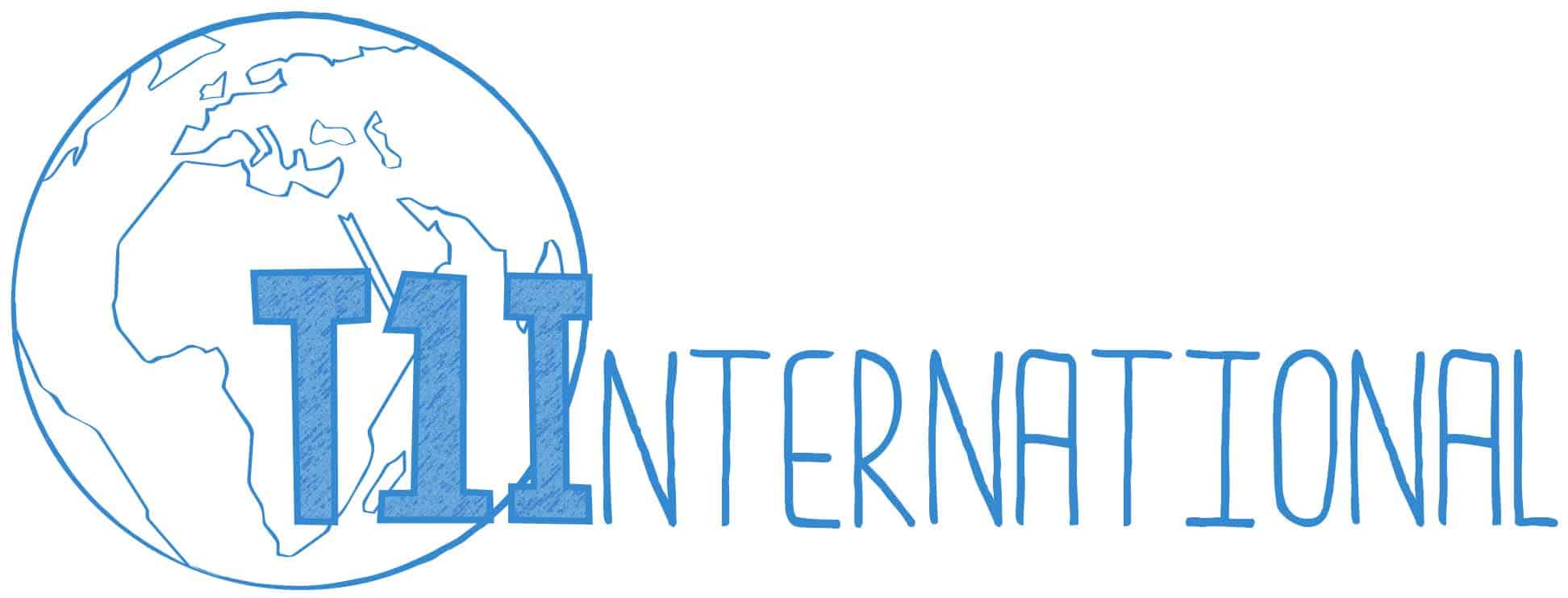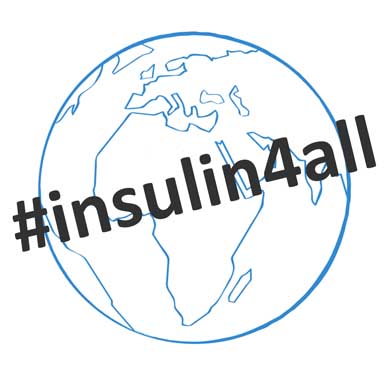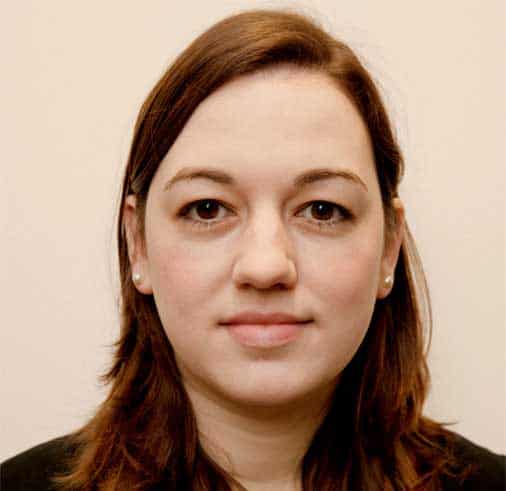
T1International’s Elizabeth Rowley talks about the cost of diabetes and how we can all work to change the diabetes world.
“And your total comes to…”
For many people with type 1 diabetes, waiting to hear the total cost of insulin and diabetes supplies can be as stressful as managing diabetes itself. After thinking about this question in a global context, Elizabeth Rowley turned a simple idea she had about helping people around the world into T1International, a non-profit based in the United Kingdom.
Today, T1International advocates for people living with type 1 diabetes everywhere and in nearly every way possible. As the charity’s Founder and Director, Elizabeth has channelled her experience gleaned from working for organizations like JDRF U.K. into her own vision for T1International, making campaigns like #insulin4all into trending topics in the Twittersphere. T1International works with partners like Santé Diabète and Help Medina to address issues and spread awareness. One of this year’s major successes has been the Insulin and Supply Survey, which was featured on several news outlets.
I recently had the chance to talk with Elizabeth via email.
Let's hear the elevator speech for Elizabeth Rowley. How do you sum up your diabetes story at this point in your life?
I was diagnosed with type 1 diabetes at age four, so I have been living with it for almost as long as I can remember. Despite the constant struggles of keeping my erratic blood sugars stable, I’ve been lucky to have access to the things that keep me healthy. I am also grateful to have had the chance to attend diabetes camps as a child and to know other people living with type 1 diabetes. Having people in my life who really understand what it’s like to live with diabetes day-to-day makes things so much easier.
For more informative articles read the following:
How do you start a conversation with people who might not know much about type 1 diabetes (or diabetes at all)?
A conversation with someone who might not know much about diabetes usually starts with debunking the myth that sugar causes diabetes, or that there is a ‘’bad’’ type of diabetes. Although type 1 diabetes doesn’t have to hold you back, it is a 24/7 condition that [brings] a lot of extra work, and sometimes stress, for someone who lives with it. I try to give them a sense of the day-to-day impact of type 1 diabetes and all the decisions we have to make.
The vision for T1International reads: We believe in a world where everyone with type 1 diabetes – no matter where they live – has everything they need to survive and achieve their dreams. What else do you want to share about your organization's role in the global diabetes community?
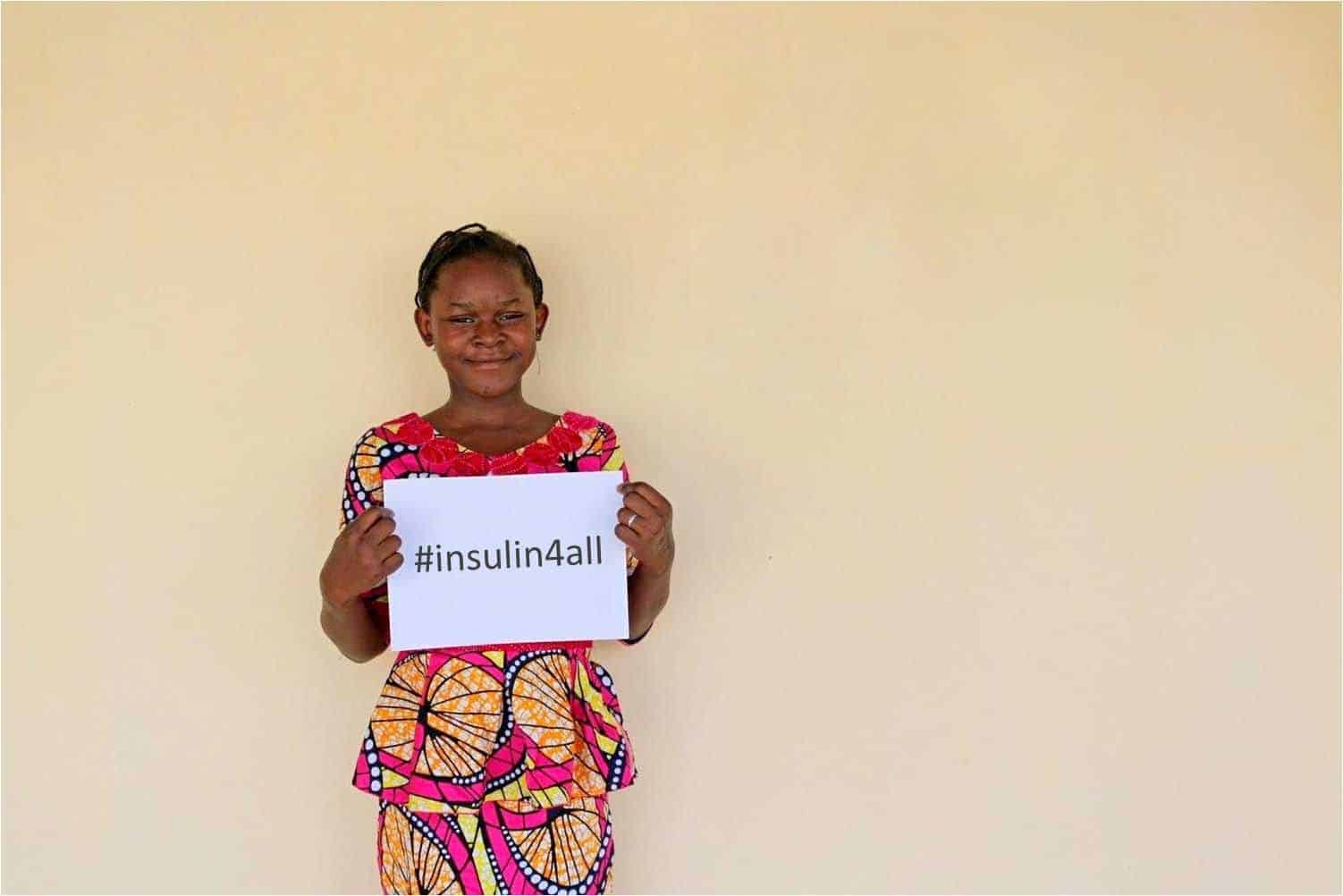
Life with diabetes (either type 1, type 2, or any other type) is complicated. It’s difficult enough to live with diabetes without having to struggle to afford or access basics like insulin and supplies. Sadly, so many people around the world do struggle, and many still die, because they cannot access a substance that has been available for nearly 100 years. Access to insulin, test strips, other diabetes supplies, care, and education should not be as complicated as it is. T1International was created to address this injustice.
As the Founder and Director of the organization, where did the idea for T1International come from? How does the reality of working on the charity today compare to your original vision?
I grew up with the challenge of type 1 diabetes, and as I learned about the world outside my own, I started to recognize that I am beyond lucky to have access to all the tools and technology available that make managing it easier. This is outrageously not the case for everyone worldwide, and sometimes it is simply the luck of where you were born that determines whether you will be able to survive with type 1 diabetes. My outrage about this is what made me want to start T1International so that more could be done to address global diabetes issues.
The charity has grown hugely over the past few years. Actually, T1International started as a blog. It grew quickly within the first year, with more and more people connecting with us from around the world, and I soon realized that it needed to be something more. The vision for what the charity could be developed within the next year, and we took on an amazing group of Trustees the following year. Together we set a [strategic plan], which allowed us to really set out how we believe T1International can achieve change in the world for people with type 1 diabetes.
Now that we are a registered charity within the U. K. we have more opportunities and lots more going on! I love running the charity because I get to do the jobs of at least five different people. It’s incredibly busy, but I love it, and I never could have imagined we would be connecting with so many people all over the world and inspiring the diabetes community to push for change in this way. This year so far we raised almost £10,000 for the Insulin for Syrians campaign, we released our Type 1 Access Charter, and we have an Advocacy Toolkit coming out soon, so we are doing quite a lot for a very small charity, with lots more on the way!
You moved from the U.S. to the U.K. several years ago. That kind of major life event can be difficult with the amount of preplanning life with diabetes requires. Can you talk about what that transition was like?
The transition was a tough one. I came to the U.K. not knowing a single person, so I didn’t have a support system like I did in the USA. I also didn’t know I was going to be staying long-term so I had to ensure I had enough medication and supplies to last for six months to a year. It was a lot to consider but definitely doable with lots of planning. I made sure to get started seeing a doctor in England as soon as I could through my school, and I told as many people as possible about my diabetes in case of an emergency. It’s daunting to make such a big move, but for me it was totally worth the extra effort!
Having had experience with both the American and English healthcare systems puts you in a unique position. This is one of the hot issues in today's diabetes conversation and a main objective of T1International: access to healthcare. Can you share what it's been like to deal with diabetes in the context of two really different healthcare systems?
If I were still living in the United States instead of the U.K., I would likely be struggling to pay rent each month due to the exorbitant and ever-increasing price of insulin and other diabetes supplies. Before moving to the U.K. I paid at least $500 each month to cover just my insurance, which didn’t include co-pays and other extra costs. When I got to the U.K. I was astonished that once I was part of the healthcare system, I could go to the pharmacy and pick up my insulin and supplies and not have to pay a dime. To this day I am filled with gratitude each time I pick up my supplies.
This is the biggest and most basic difference between the two healthcare systems. The National Health Service in the U.K. is not perfect, but I never have to fear that I won’t be able to afford my insulin or test strips, and I believe that this is a right that every person with type 1 diabetes should have.
What is your hope for the future of T1International? Do you have any exciting events coming up in the short term?
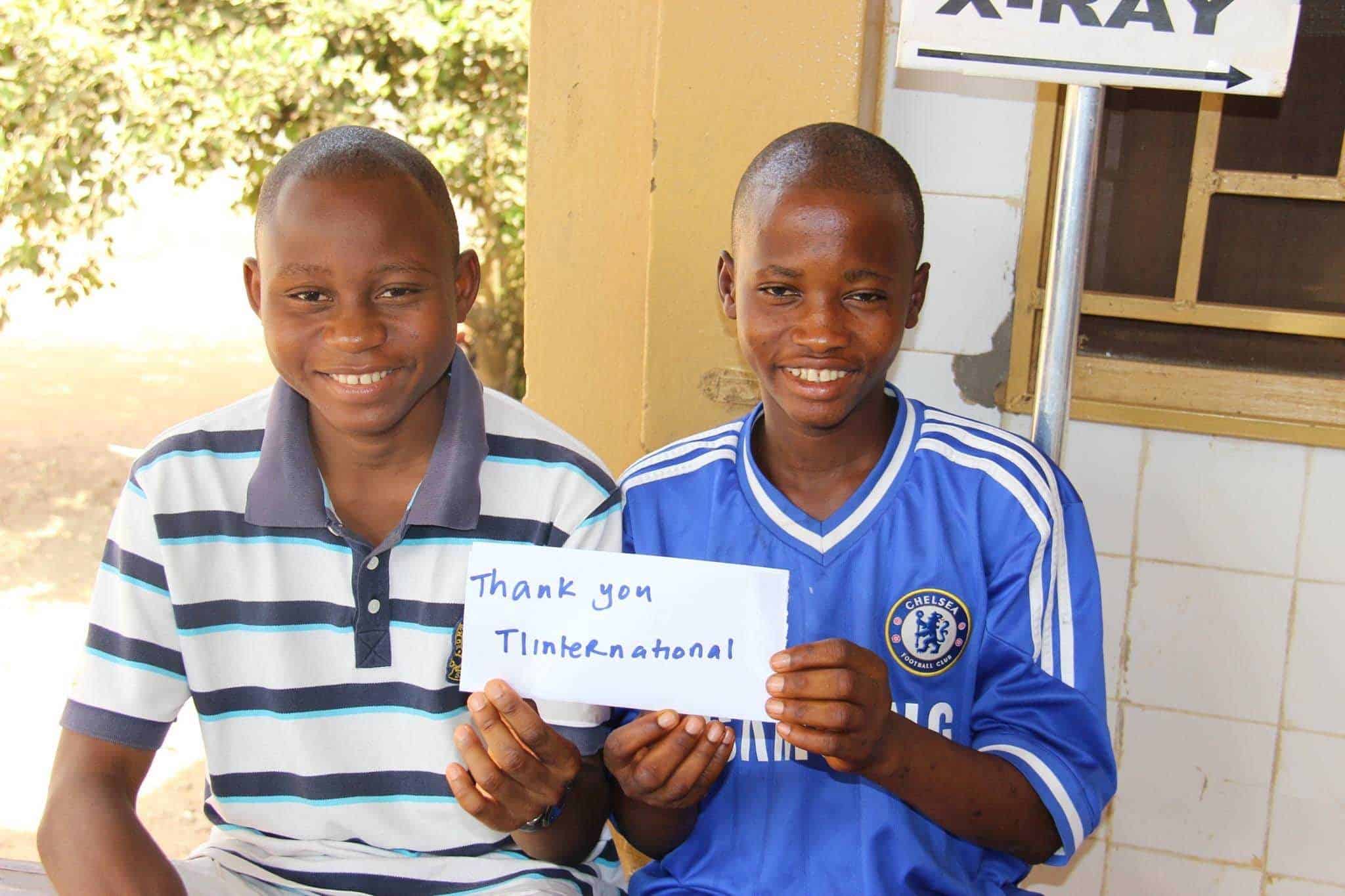
As mentioned above, we have launched our Type 1 Diabetes Access Charter and we are asking for all organizations and individuals to sign on in support of five simple rights of people with type 1 diabetes. The Charter will be used to bolster type 1 diabetes advocacy efforts worldwide and will show the world that there are many voices united in support of these rights.
We will soon have translations of the Charter into several other languages and a corresponding letter that people can use to pass the Charter to their political representatives. So far we have English, Spanish, French, German, Portuguese, Russian, Chinese, Arabic, and hopefully Hindi.
Our Advocacy Toolkit should be coming out this month and will be available for download on the website so that anyone can start working on advocacy plans to change something in their community or country right away. This is very important because many people want to advocate, but often they don’t quite know where to start. We hope this will inspire people and give them a boost to get going, so keep checking the website and our social media channels for this exciting tool.
I'm sure our readers want to know how to contribute to T1International's cause. What's the best way for a person living with type 1 to get involved and make a difference for someone else who doesn't have access to basic needs for living with diabetes, like insulin?
There are a few ways you can become part of Team T1International. Make sure you like T1International on Facebook and follow @t1international on Twitter to keep up with our activities and actions. You can also subscribe to our newsletter (at the bottom of the website) to stay in the loop about campaigns and other opportunities. Spreading the word about T1International really helps us grow our team of type 1 diabetes advocates.
You can also volunteer for us or raise funds for T1International through an event or challenge you might take on. We will have a fundraising guide ready to support you very soon, but can also talk you through any ideas you have or support you anytime.
A donation will make the biggest difference with a few clicks. Your donation will change the lives of people with type 1 diabetes, empowering them and changing policies and practice.
We believe that advocacy is the best way to make a long-term, wide-ranging impact rather than giving out supplies, which is not a sustainable solution.
Here are a few examples of what your donation can do:
- $7 -send a hard copy of our Advocacy Toolkit and resources to 5 people, giving them the knowledge and confidence to stand up for their rights
- $13 - set up a support and advocacy group, sharing tools and resources ($13/month could support the on-going costs of the group to meet and plan their advocacy strategy)
- $20- a local volunteer to provide vital information and support for people with diabetes in an under-resourced area ($20/month could mean regular journeys to most-needed areas)
- $40- a local organizer for a diabetes advocacy strategy session ($40/month could support travel costs for people with type 1 diabetes to attend that session)
This interview has been condensed and edited.
Hope you enjoyed this great interview as much as I enjoyed doing it. If you have any comments concerning the interview please post them down below.
TheDiabetesCouncil Article | Reviewed by Dr. Sergii Vasyliuk MD on June 04, 2020


